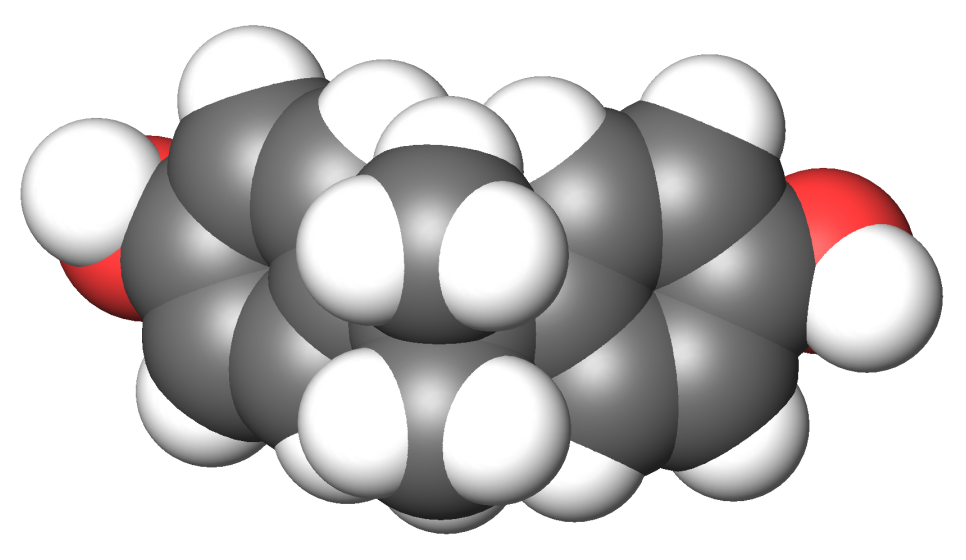Exposure to Bisphenol A may cause male impotence
 Washington, Nov 11 : High levels of exposure to Bisphenol A at the workplace may saddle male workers with impotence, according to a new study. Bisphenol A (BPA) is a chemical found in baby bottles, plastic containers, the lining of cans used for food and beverages and in dental sealants.
Washington, Nov 11 : High levels of exposure to Bisphenol A at the workplace may saddle male workers with impotence, according to a new study. Bisphenol A (BPA) is a chemical found in baby bottles, plastic containers, the lining of cans used for food and beverages and in dental sealants.
The five-year study examined 634 workers in factories in China, comparing workers in BPA manufacturing facilities with a control group of workers with no exposure to BPA. The chemical is used primarily in the production of polycarbonate plastics and epoxy resins.
The study found that the workers in the BPA facilities had four times the risk of erectile dysfunction, and seven times more risk of ejaculation difficulty.
This is the first study to look at the effect of BPA on the male reproductive system. Previous studies have shown that BPA has a detrimental effect on the male reproductive system of mice.
The BPA levels experienced by the exposed factory workers in the study were 50 times higher than what the average US males face, the researchers said.
"Because the BPA levels in this study were very high, more research needs to be done to see how low a level of BPA exposure may have effects on our reproductive system," said the study's lead author De-Kun Li.
Li is reproductive and perinatal epidemiologist at Kaiser Permanente's Division of Research in Oakland, California.
"This study raises the question: Is there a safe level for BPA exposure, and what is that level? More studies like this, which examine the effect of BPA on humans, are critically needed to help establish prevention strategies and regulatory policies."
Researchers explained that BPA is believed by some to be a highly suspect human endocrine disrupter, likely affecting both male and female reproductive systems.
This study is the first of series of studies that examine the BPA effect in humans and are to be published by Li and his colleagues, said a Kaiser Permanente release.
These findings from the Kaiser Permanente study will appear in Human Reproduction. (IANS)